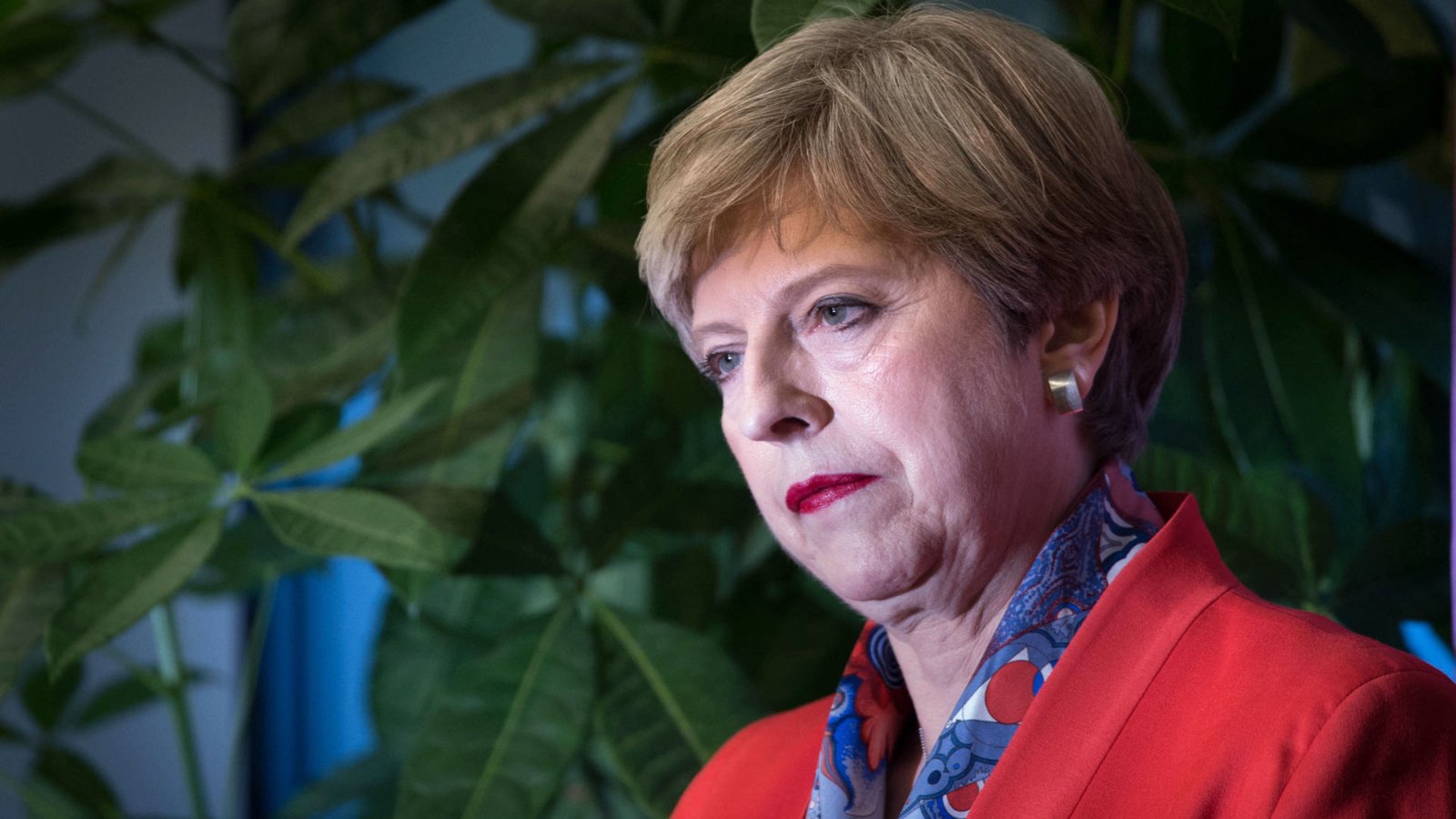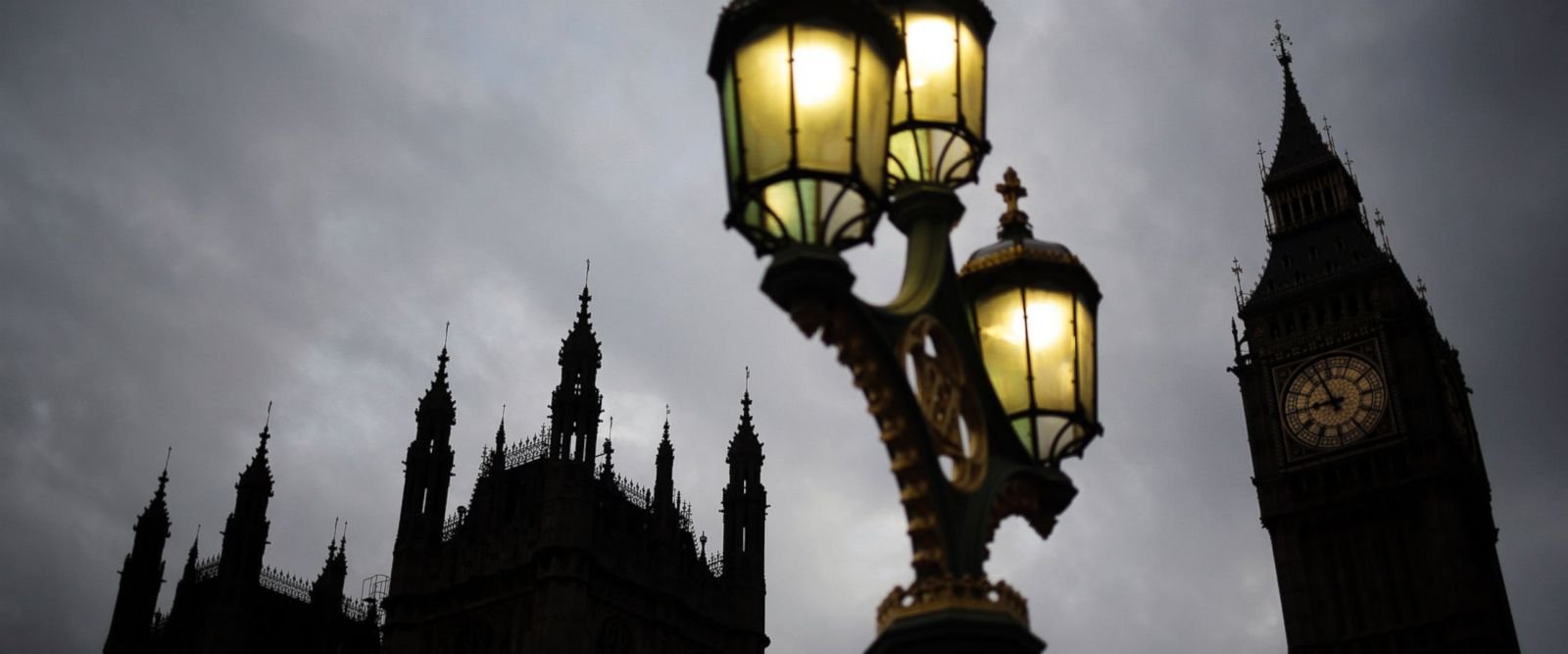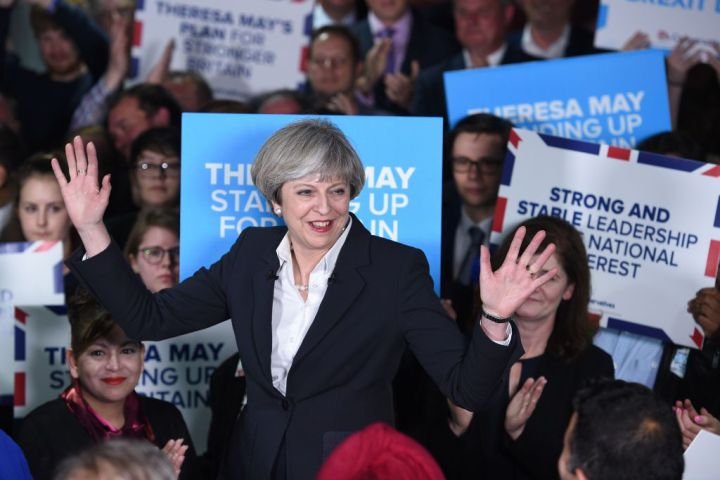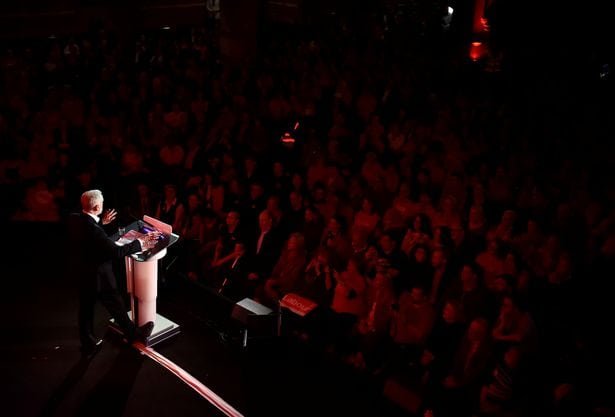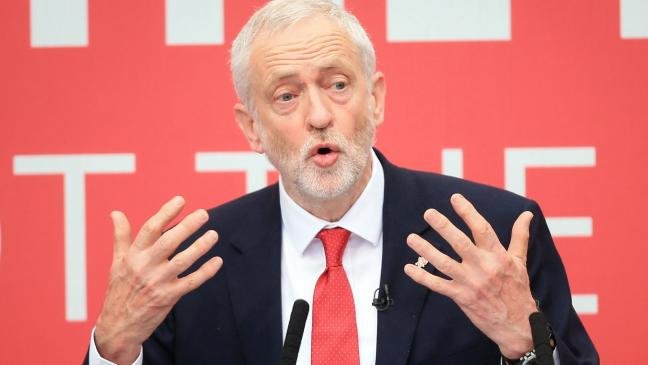Emmanuel Macron, the centrist and political newcomer, on Sunday beat the far-right Marine Le Pen to win the French presidential election.
 In a contest that put the passionately pro-European Macron against Le Pen, who promised a “Frexit” referendum should she win the election, Macron garnered 65.5 percent of the vote, according to the Kantar exit poll.
In a contest that put the passionately pro-European Macron against Le Pen, who promised a “Frexit” referendum should she win the election, Macron garnered 65.5 percent of the vote, according to the Kantar exit poll.
The news of Macron’s win was met by cheering crowds waving French flags outside the Louvre museum.
The result, if confirmed, signals a rejection of the “French-first nationalism of Le Pen, who was labeled “France’s Trump” and was hopeful the same populist wave that led Donald Trump to the White House would also carry her to the Elysee Palace.
Macron’s victory will mark the third time in six months — following elections in Austria and the Netherlands — that European voters have shot down far-right populists who want to restore borders across Europe. The victory of a candidate — Macron — who championed European unity could strengthen the EU’s hand in its complex divorce proceedings with Britain, which voted last year to leave the bloc.
Many French voters reluctantly backed Macron; they are not staunch supporters of his politics, but wanted to keep out Le Pen and her far-right National Front party, which is still tainted by its anti-Semitic and racist history.
After the most closely watched and unpredictable French presidential campaign in recent memory, many voters rejected the choice altogether: Pollsters projected that voters cast blank or spoiled ballots in record numbers Sunday — a protest of both candidates.
At 39, Macron would become France’s youngest-ever president — and one of its most unlikely.
Unknown to voters before his turbulent 2014-16 tenure as a pro-business economy minister, Macron took a giant gamble by quitting the government of outgoing Socialist President Francois Hollande to run his first-ever electoral campaign as an independent.
His startup political movement — optimistically named, “En Marche!,” or “Forward!” — caught fire in just one year, harnessing voters’ hunger for new faces and new ideas and steering France into unchartered political territory.
In a first for postwar France, neither of the mainstream parties on the left or the right qualified in the first round of voting on April 23 for Sunday’s winner-takes-all duel between Macron and Le Pen.
Despite her projected loss, Le Pen’s advancement to the runoff for
the first time marked a breakthrough for the 48-year-old. She placed third in 2012, underscoring a growing acceptance for her fierce anti-immigration, France-first nationalism among disgruntled voters.
The candidates’ polar-opposite visions presented the 47 million registered voters with the starkest possible choice. Le Pen’s closed borders faced off against Macron’s open ones; his commitment to free trade ran against her proposals to protect the French from global economic competition and immigration. Her desire to free
France from the EU and the shared euro currency contrasted with his argument that both are essential for the future of Europe’s third-largest economy.
As well as capitalizing on voter rejection of the left-right
monopoly on power, Macron also got lucky.
One of his most dangerous opponents, conservative former Prime Minister Francois Fillon, was hobbled by allegations that his family benefited from cushy taxpayer-funded jobs for years. On the left, the Socialist Party imploded, its candidate abandoned by voters who wanted to punish Hollande, France’s most unpopular president since World War II. Hollande himself realized he was unelectable and decided not to run again.
In power, Macron would take charge of a nation that, when Britain leaves the EU in 2019, will become the EU’s only member with nuclear weapons and a permanent seat on the U.N. Security Council.
He has promised a France that would stand up to Russian President Vladimir Putin but that also would seek to work with the Russian leader on what he says will be one of his top priorities: fighting the Islamic State group, whose extremists have claimed or
inspired multiple attacks in France since 2015.
France has been in a state of emergency since then and 50,000 security forces were used to safeguard Sunday’s vote.
The polls opened in mainland France at 8 a.m. local time under the watch of 50,000 security forces guarding against possible extremist attacks. Polling agency projections and initial official results are expected as soon as the final stations close at 8 p.m.
Voter turnout in the runoff election is above 65 percent in late afternoon, a sharp drop of more than 6 percent compared to the last presidential vote. The Interior Ministry announced the turnout had reached 65.3 percent, compared to 71.96 percent in the second round of presidential voting in 2012.
Pre-election polls had suggested Macron was the favorite by a large margin, leading Le Pen by about 60 percent to 40 percent.
Police had to evacuate the Louvre courtyard early Sunday because of a suspicious bag, but later reopened the area. Eric Kadio told the Associated Press he came to the park near the Louvre in hopes of seeing Macron, who’s expected to speak to supporters from the Louvre courtyard after election results come in.
“France has an efficient security operation,” he told the AP. “I am not afraid. Bomb scares are frequent and each time they get things under control.”
Earlier in the day, Macron voted in the seaside resort of Le Touquet in northern France alongside his wife, Brigitte Macron. Le Pen cast her ballot just a hundred kilometers away in Henin-Beaumont, a small town controlled by her National Front party.
Fears of outside meddling hung over the race after France’s election campaign commission said Saturday that “a significant amount of data” — and some fake information — was leaked on social networks following the hacking attack on Macron.
The leaked documents appeared largely mundane, and the perpetrators remain unknown. It’s unclear whether the document dump will dent the large polling lead Macron held over Le Pen going into the vote.
The commission urged French media and citizens not to relay the leaked documents. French electoral laws impose a weekend news blackout on any campaigning and media coverage seen as swaying the election. Le Pen’s campaign could not formally respond due to the blackout.
The Macron team asked the campaign oversight commission to bring in France’s top cybersecurity agency ANSSI to study the hack, a government official told the AP.
ANSSI can only be called in to investigate cyberattacks that are “massive and sophisticated” — and the Macron hack appears to fit the bill, the official said.
The documents leaked Friday were widely circulated on far-right sites based in the United States. Experts dissecting the data said they spotted a couple of Russian names in the dump.


